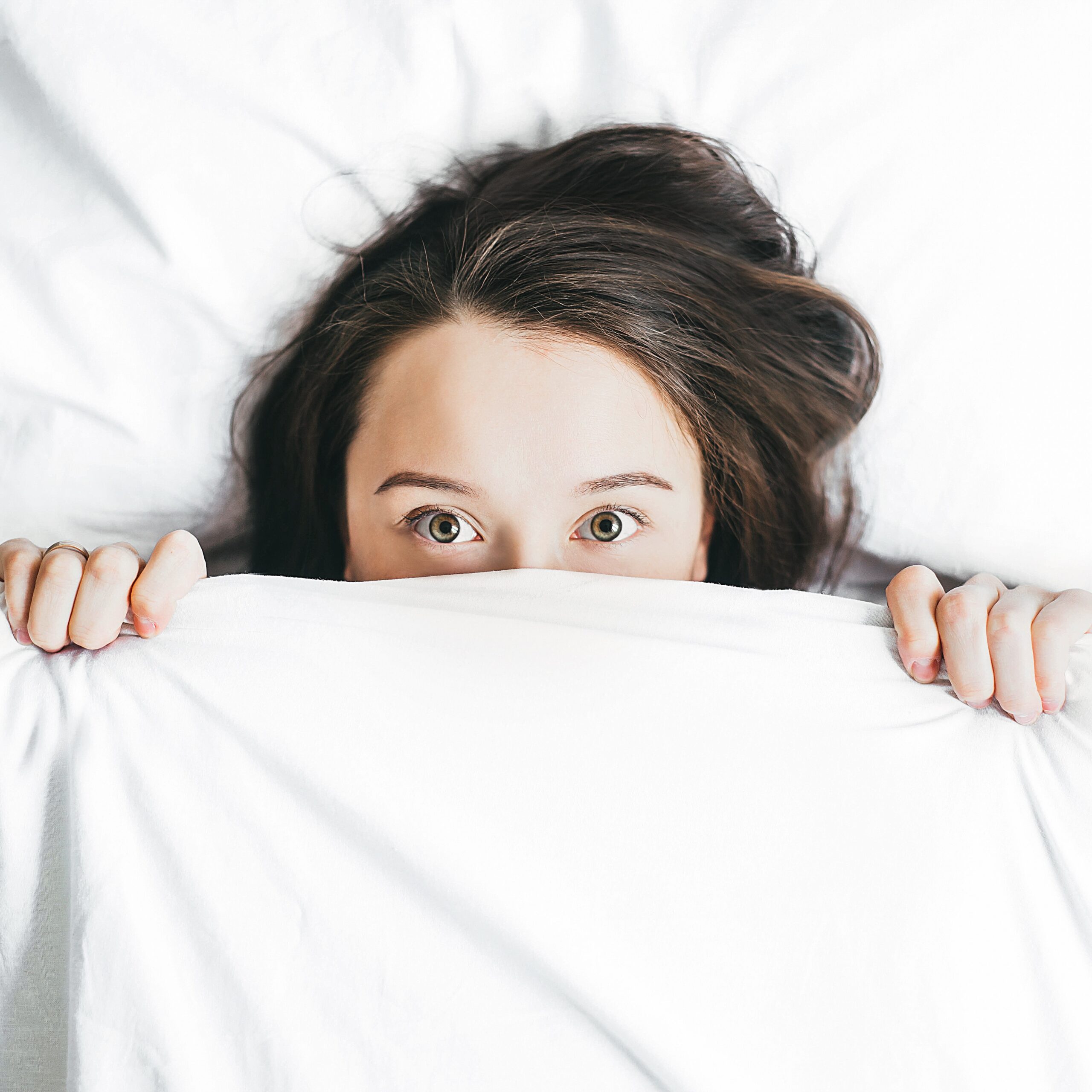
When we try to make changes to our health, we tend to go to great lengths to nail down our nutrition and exercise. As a nutritionist, I am all for improving your food and movement! However, there is a third part of the equation that is equally important and oftentimes ignored. That is your sleep.
Sleep is a critical part of our health. It has huge impacts on cognitive and emotional health, however since we are on a nutrition blog, let’s talk today about how sleep can impact weight loss and changes in body composition.
Behavioral impact
Beyond feeling tired and wanting to grab something that is quick and easy (yup, that’s why it is called fast food and convenience stores) there is actually significant hormonal changes that happen even after a single night of little or poor sleep.
Ghrelin (your hunger hormone) increases causing you to want more food. You aren’t going to want more salad and lean protein. The specific cravings are going to be for carbs and sugar. Sound familiar?
In addition to having worse cravings, Leptin (your satiety hormone) decreases. So now, you are not only craving things that you are more likely to overeat, but you have decreased your body’s natural ability to put on the breaks.
Biological impact
If you can manage the cravings and avoid overeating, you have also changed the way your body tolerates food. Specifically, with regards to glucose tolerance and insulin resistance. In fact a small study showed that insulin resistance was induced by 25% after a single night of restricted sleep.
Another study took 20 healthy men between the ages of 20-35 and reduced their sleep to 5h a night for a week. By the end of the week they were showing similar insulin resistance to a 70 year or diabetic man!
In the long term this may predispose you to diabetes (more research is needed), but the short term symptom can be weight loss resistance.
How much sleep is enough?
The average person needs between 7-9 hrs. of quality sleep per night. Of course, we are all different, but shooting for a minimum of 7 hours is a good rule of thumb.
Yes, there are some people that can function on much less. However, it is estimated that is between 1-3% of our society can function on 4-6hrs of sleep, so the odds of that being you is pretty low.
It is important to note that just because you can manage something that doesn’t mean that it is best for you. Surprising symptoms might catch up with you. In the context of this blog, if you are working hard on your nutrition and not seeing results it is worth focusing on your sleep to see if that helps.
What do I do with this information?
If you are at a time of your life where sleep is impaired for a short time, please don’t stress about this. Examples would be a new parent, short-term projects, caring for a sick family member, etc. You will get through it and the last thing you need is to add something else to worry about to your plate.
However, most of our sleep deprivation or lack of quality of sleep is voluntary. Examples include:
- Watching TV
- Scrolling on our phones
- Overpacked social calendar
- Alcohol intake (even a single serving can impair sleep)
- Not sleeping on the weekends and catching up during the week…or vice versa
If any of these apply to you, it is important to have an honest conversation with yourself and see where you can cut back. It certainly doesn’t have to be all-or-nothing but maybe you could cut your drinking down during the week or make a TV curfew or work on keeping a similar sleep schedule on the weekends and weekdays. This will have to be specific to you, but it is worth considering if you are frustrated by not meeting your health goals.
What if I try but I can’t sleep?
Oftentimes changes in sleep patterns need to be treated by changes in behaviors and rituals. I’m not an expert at that but you can check out the Sleep Foundation for some helpful tips.
From a nutrition standpoint, there are two things I recommend to my clients.
Magnesium – You know how much I love magnesium. I don’t want to go off on a tangent so we will just leave it at ❤️ ❤️ ❤️. A common symptom of low levels of magnesium can be a hard time falling asleep or staying asleep. I would try taking ~400mg of magnesium prior to bed. It is not a sleeping pill, but you may notice that you wake up more rested. I like CALM for powder form and Rainbow Light in pill form (watch the dose of this one – start with 1 or 2 pills not their recommended 3).
Valerian Root – this is more of a traditional sleep aid. I don’t recommend taking it every night, but it should be used more to get you out of a rough sleep cycle. I like the liquid form, although it is not the best tasting. I add it to a few ounces of water and take it as a shot! HerbPharm is a good brand.
As always, check with your doctor before you start with any supplements especially if you are on medication or have any pre-existing health conditions.

